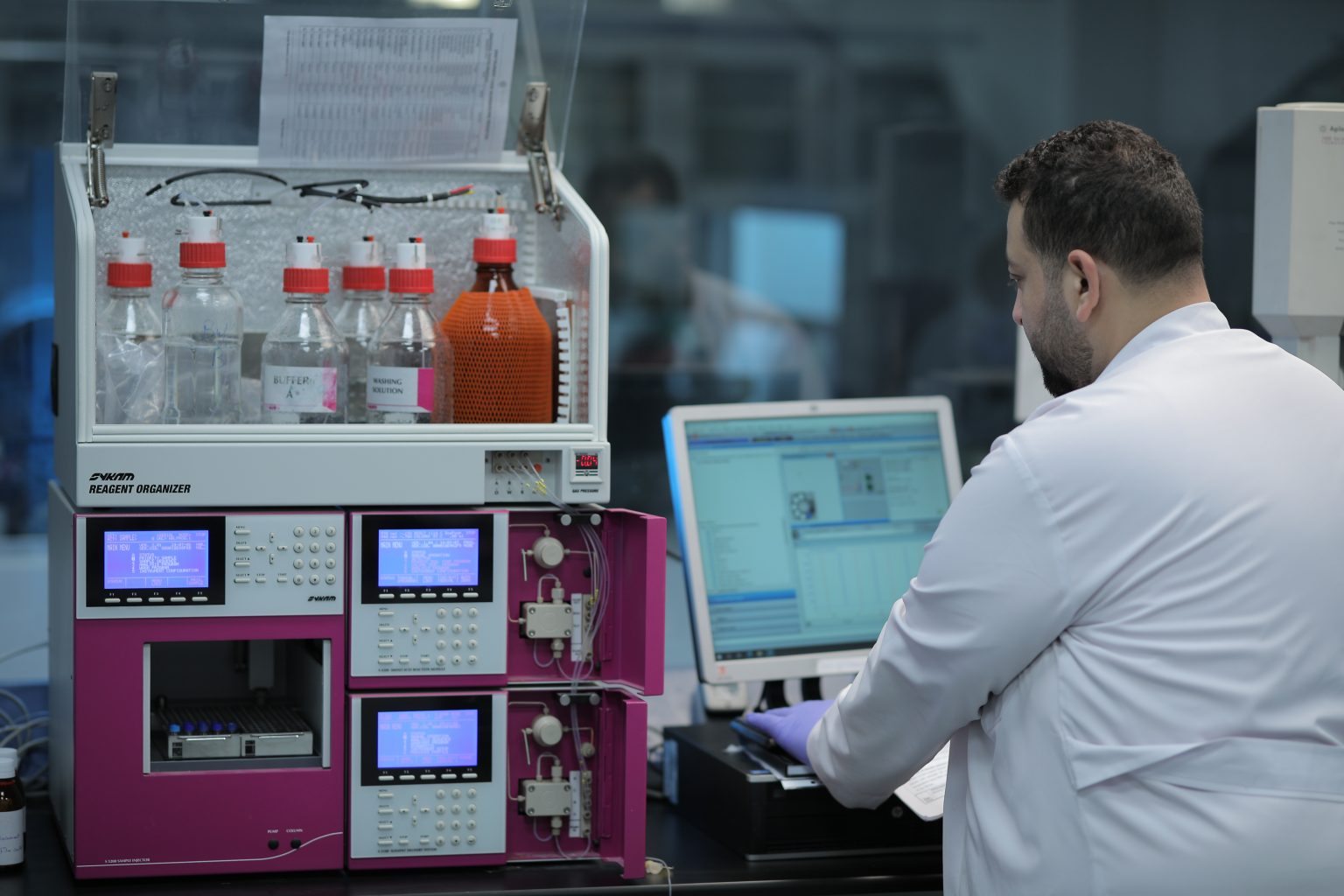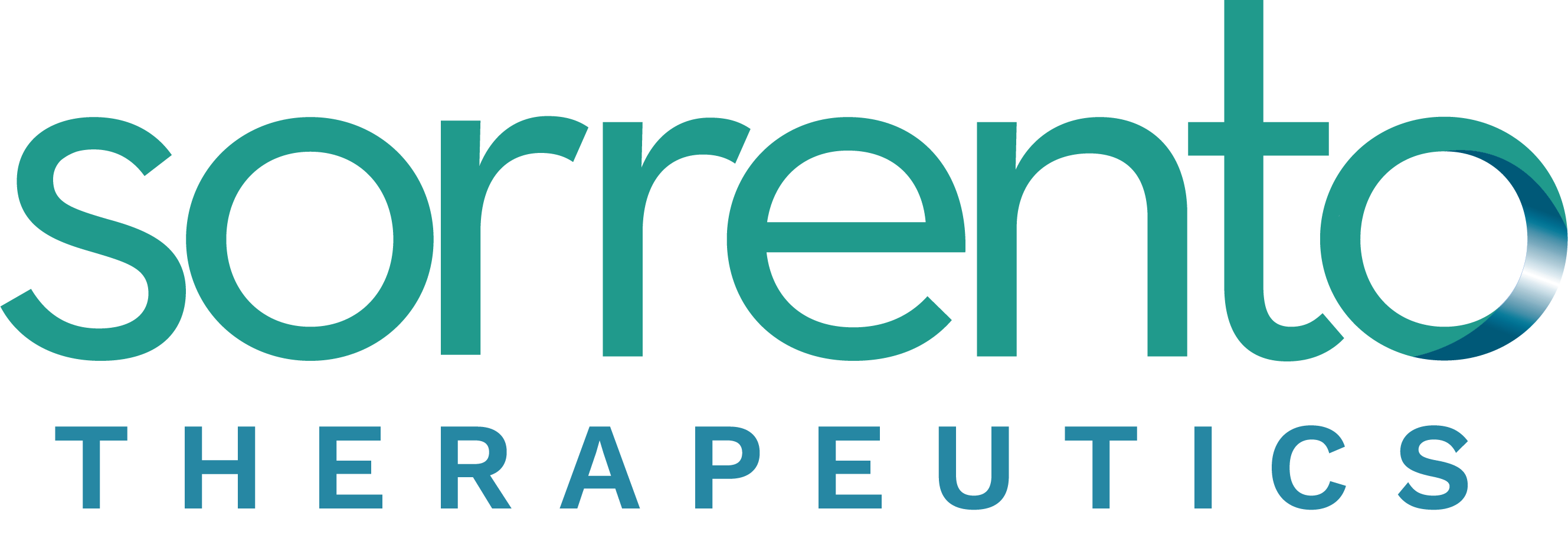From the supply side, the global halal industry is attracting key multinational players into joining the industry, driven by the tremendous business prospects available. In the last few years, world’s major brands in the food industry now provide halal certified products in both OIC and non-OIC countries, for e.g. halal fast food outlets in Western countries. A growing number of non-OIC countries are also now supplying halal tourism services which include halal meals, prayer breaks and other services in package tours. In addition, trade relations of the OIC countries (amongst which several are gradually being upgraded to emerging markets status) with non-member countries is burgeoning, which in turn makes Muslim markets as lucrative international export destinations.
For instance, European Union (EU) is currently the GCC’s largest trading partner with nearly 13.5% of GCC’s global trade taking place with the EU as at end-20124. Similarly, EU is the Association of South East Asian Nations (ASEAN’s) second largest trading partner while ASEAN itself represents the EU’s third largest trading partner outside Europe5. As such, several non-OIC countries including the United Kingdom, New Zealand, Brazil, Thailand, Canada and the United States of America have sizeable halal business sectors in their jurisdictions.





